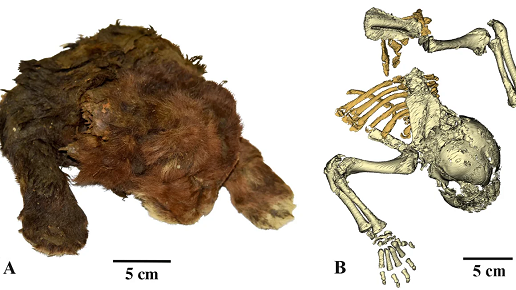According to [GMA News], the continued spread of the SARS-CoV-2 virus has spawned a Greek alphabet of variants - a naming system used by the World Health Organization (WHO) to track concerning new mutations of the virus that causes COVID-19. Some have equipped the virus with better ways of infecting humans or evading vaccine protection.
Scientists remain focused on Delta, now the dominant variant around the world, but are tracking others to see what may one day take its place.
DELTA - STILL DOMINANT
The Delta variant first detected in India remains the most worrisome. It is striking unvaccinated populations in many countries and has proven capable of infecting a higher proportion of vaccinated people than its predecessors.
The WHO classifies Delta as a variant of concern, meaning it has been shown capable of increasing transmissibility, causing more severe disease, or reducing the benefit of vaccines and treatments.
Chinese researchers found that people infected with Delta carry 1,260 times more virus in their noses compared with the original version of the coronavirus.
While the original coronavirus took up to seven days to cause symptoms, Delta can cause symptoms two to three days faster, giving the immune system less time to respond and mount a defense.
LAMBDA – ON THE WANE
The Lambda variant had attracted attention as a potential new threat, but this version of the coronavirus, first identified in Peru in December, appears to be receding.
Although cases involving Lambda were rising in July, reports of this variant have been falling globally for the past four weeks, according to data by GISAID, a database that tracks SARS-CoV-2 variants.
The WHO classifies Lambda as a variant of interest, meaning it carries mutations suspected of causing a change in transmissibility or causing more severe disease, but it is still under investigation. Lab studies show it has mutations that resist vaccine-induced antibodies.
 菲律賓當地新聞2圖片2.jpeg)
Beyond Delta, scientists are watching new coronavirus variants. (Photo / Retrieved from Reuters)
MU - ONE TO WATCH
Mu, the variant formerly known as B.1.621, was first identified in Colombia in January.
On Aug. 30, the WHO designated it as a variant of interest due to several concerning mutations, and assigned a Greek letter name to it.
Mu carries key mutations, including E484K, N501Y and D614G, that have been linked with increased transmissibility and reduced immune protection.
According to the WHO's Bulletin published last week, Mu has caused some larger outbreaks in South America and Europe.
The global health agency said it continues to monitor Mu for changes in South America, especially in areas where it is co-circulating with the Delta variant.
MORE ON THE WAY?
Getting more people vaccinated against COVID-19 is critical as large groups of unvaccinated people give the virus more opportunity to spread and mutate into new variants.
That effort must be stepped up internationally to keep variants from emerging unchecked among the populations of poor nations where very few people have been inoculated, experts say.
Even so, while the current vaccines prevent severe disease and death, they do not block infection.
The virus is still capable of replicating in the nose, even among vaccinated people, who can then transmit the disease through tiny, aerosolized droplets.
According to [GMA News], to defeat SARS-CoV-2 will likely require a new generation of vaccines that also block transmission, according to Dr. Gregory Poland, a vaccine developer at the Mayo Clinic.

 菲律賓當地新聞2圖片1.jpeg)





